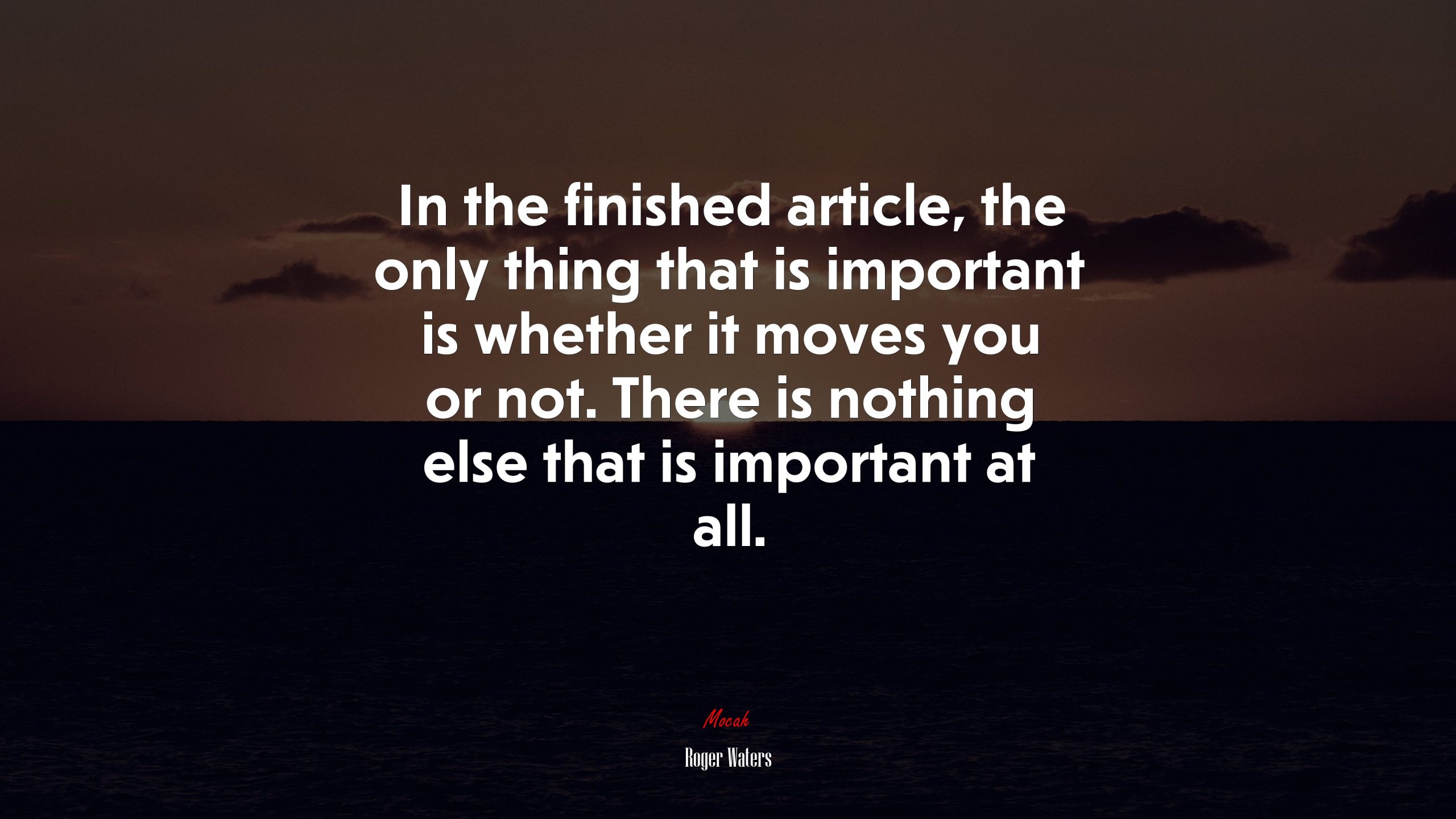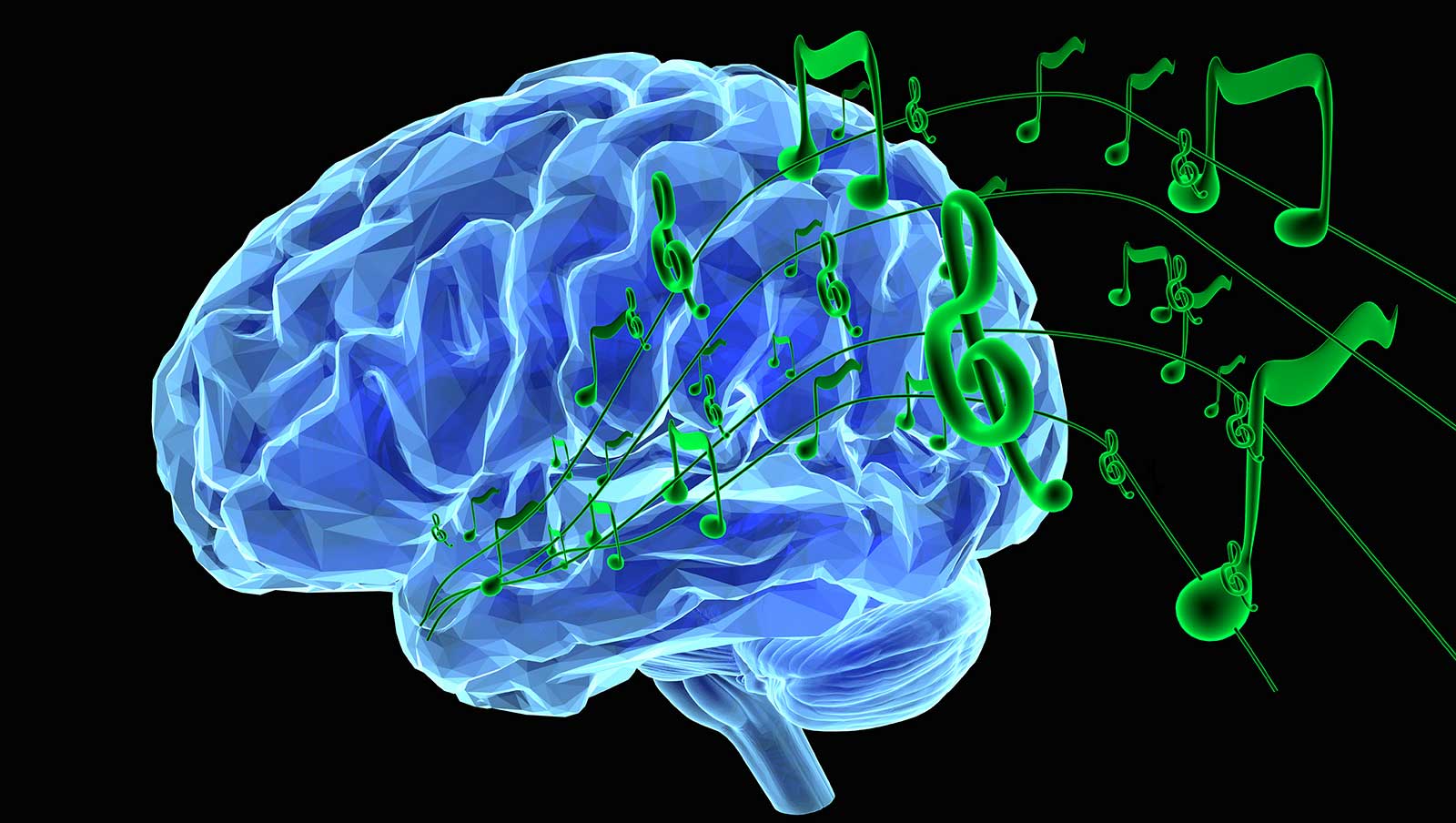Before You Read
- Put on some music.
- Ask yourself, “What do I like to listen to most”
Your Brain and Music
Before we look at how music can help you learn, let’s look at some of the science behind this.
Music has a direct effect on our brains and on our brain chemistry. In particular the parts of our brains associated with emotion are affected. 1,2
When you listen to music the limbic system fires up. This is the part of the brain that processes emotions and controls memory.
At the same time, the dopamine tap in your brain is turned on. This is often referred to as the pleasure chemical, but in reality it is now thought of as a form of motivational salience. This is really just a fancy term for making you want to do more of what you are doing. That’s why it is interpreted as pleasure.
In fact, even just thinking about music or hearing the first few notes, triggers a dopamine release.
It also affects your memory. Music uses your working memory in the same way as reading. Allied to the fact that we remember things better that have emotional content, the emotional response produced by music, helps you to remember.
Watch these videos for more information on how music affects your brain. The first shows the parts of the brain that are activated in both hemispheres, when you listen to music.
Does Music Help You Learn
Well, the jury is a bit out on this one. A lot of research indicates that it does, and some research indicates that it might actually interfere with learning.
It really depends on you. Some people thrive with music and others find it way too distracting.
However, what is pretty much certain, is that it can elongate your study endurance. Studying can become quite tedious, even depressing. Having music on is giving you that dopamine lift, making you feel so good. This enables you to keep going with your study activity. I liken it to “guilt by association.” The pleasure is coming from the music, but your studying is along for the ride. Over time, you begin to associate the study activity with the pleasure reward.
What Types of Music Help You Learn?
OK, some of you are going to love this suggestion and others are going to react with a “What? No way!”
Classical music is often cited as the best type of music to listen to when studying. Even those of you that claim never to listen to classical music, have. Well, not unless you have never watched a movie or TV.
Advertising companies frequently use classical music to influence you—those guys don’t waste time and money on something that doesn’t work.
Still not convinced?
Sit back, close your eyes and listen to this:
Seem familiar?
It should do, you have probably heard it in several films and TV series.
Perhaps you remember it from this:
Or even this:
If I included all the films and TV series that used this piece, well you would be here for hours.
Here is a brief list of some of them:
| Westworld (2018) X-Men: Apocalypse (2016) Mr. Robot (2015) The King’s Speech (2010) Knowing (2009) Love Exposure (2008) The Man from Earth (2007) The Fall (2006) |
Irreversible (2002) Photographing Fairies (1997) Mr. Holland’s Opus (1995) Immortal Beloved (1994) Parade of the Planets (1984) Zardoz (1974) Lola (1961) The Black Cat (1934) |
And this is just one movement of one symphony by one composer.
The reason music like this is used so much is because it affects your mood. That’s what good music does. This is what Roger Waters had to say about it:


So, there you have it, we all enjoy classical music mainly because, most of the time, we don’t even register that we are listening to it.
Although it doesn’t have to be classical. If you have ever been in a spa you will probably have heard ambient music that doesn’t have a particular style. Some electronic music such as the music of Vangelis can be relaxing background music.
What Types of Music Should You Avoid?
Music with lyrics, especially in your own language, is very distracting. As too is music that has lots of surprises, changes rhythm suddenly, or even changes time signature, can be attention grabbing. For this reason, some progressive rock would be a bad idea.
Some electronic music can also be a bit experimental, which will draw your attention. You might find that there are tunes by some composers that help and others that distract.
Loud music will dominate your brain. The easy answer is to keep the volume low. However, music that has “shouty” elements will still distract you.
Avoid music that has “this is our song” connotations—music that has a strong emotional link for you will take you out of your focus on study and into wistful reveries of times past.
Outro Music
I asked you at the start, what music you like the most. It could be that this music is great for your learning. Yet you do need to keep in mind all the things we covered about lyrics and emotional content.
Your best bet is to try listening to your music as you study. If you find it distracting, then you need to switch to music that is more neutral in its impact on you.
References
- How Does Music Affect Your Brain? Ashford University. https://www.ashford.edu/online-degrees/student-lifestyle/how-does-music-affect-your-brain
- Jäncke, L. (2008). Music, memory and emotion. Journal Of Biology, 7(6), 21. doi: 10.1186/jbiol82. Retrieved from https://www.ncbi.nlm.nih.gov/pmc/articles/PMC2776393/

